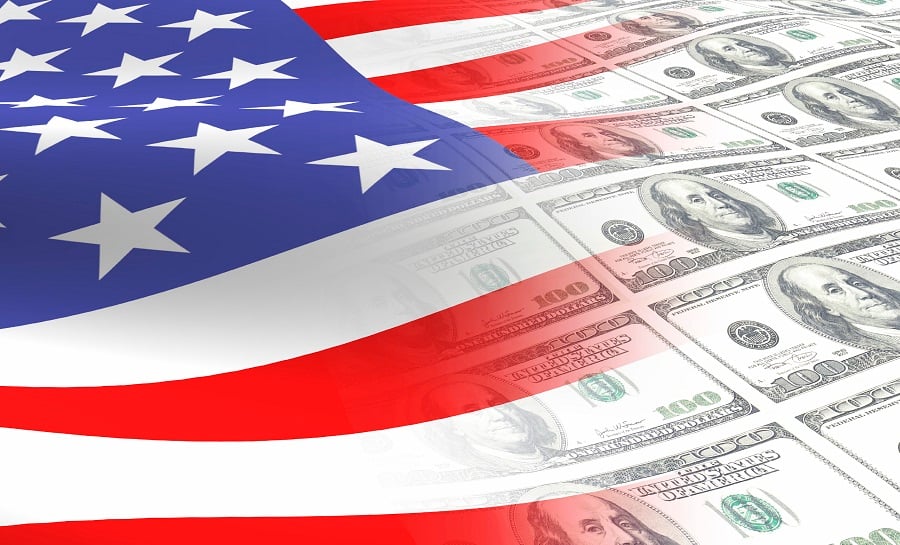

 |
 |
|---|---|
| Individual income taxes | Individual income taxes |
| Clinton: Would impose a 4% “fair share surcharge” on Americans making more than $5 million annually. Would implement the “Buffett rule,” imposing a minimum 30% effective tax rate on Americans making more than $1 million annually. | Trump: Would reduce the current seven tax brackets to three: 12%, 25% and 33%. |
| Capital gains and investment taxes | Capital gains and investment taxes |
| Clinton: Last year, Ms. Clinton proposed higher capital gains rates on shorter-term investments. | Trump: Did not mention investment taxes. |
| Taxes on retirement plans | Taxes on retirement plans |
| Clinton: Would end what she calls the “Romney loophole” through “limiting the ability of the very wealthiest to game the system by sheltering large incomes in tax-preferred accounts,” a summary on her campaign website states. She also mentions building on President Barack Obama's proposals in this area. | Trump: Does not specifically mention taxation of retirement plans. |
| Estate tax | Estate tax |
| Clinton: Would restore the estate tax to 2009 levels, $3.5 million for individuals at a rate of 45%. In 2016, the estate-tax exemption is $5.45 million for individuals and $10.9 million for couples, with a 40% rate. She also would “crackdown on loopholes in the estate tax, including methods that people can now use to make their estates appear to be worth less than they really are.” | Trump: Would eliminate the estate tax. |
| Carried interest | Carried interest |
| Clinton: Would eliminate this deduction that is used by private-equity practitioners. | Trump: Would also eliminate this deduction. |
| Child care | Child care |
| Clinton: Would expand the child tax credit. | Trump: Would provide an “above-the-line deduction” for child-care expenses, according to a campaign fact sheet. Low-income taxpayers could deduct them from their payroll taxes. |
| Corporate taxes | Corporate taxes |
| Clinton: Does not specifically mention corporate taxation in her plan. | Trump: Would establish a top corporate tax rate of 15%, which also would apply to businesses that are operated on the proprietor's personal income-tax return as a pass-through. |

Executives from LPL Financial, Cresset Partners hired for key roles.

Geopolitical tension has been managed well by the markets.

December cut is still a possiblity.

Canada, China among nations to react to president-elect's comments.

For several years, Leech allegedly favored some clients in trade allocations, at the cost of others, amounting to $600 million, according to the Department of Justice.
Streamline your outreach with Aidentified's AI-driven solutions
This season’s market volatility: Positioning for rate relief, income growth and the AI rebound
